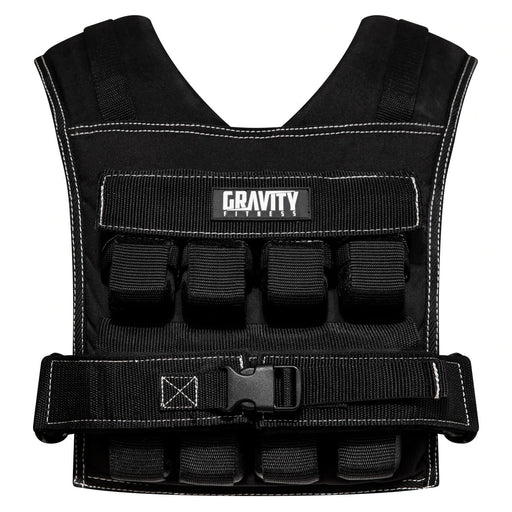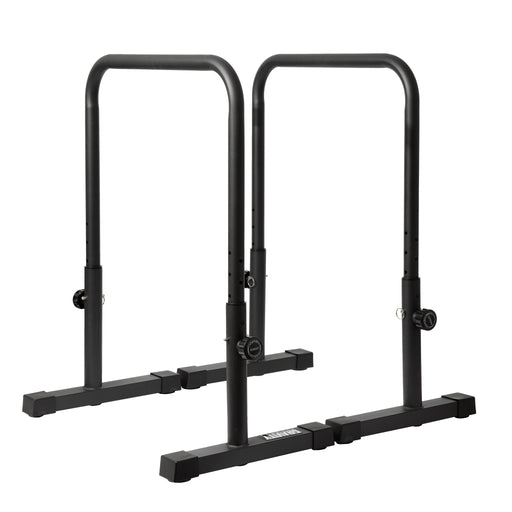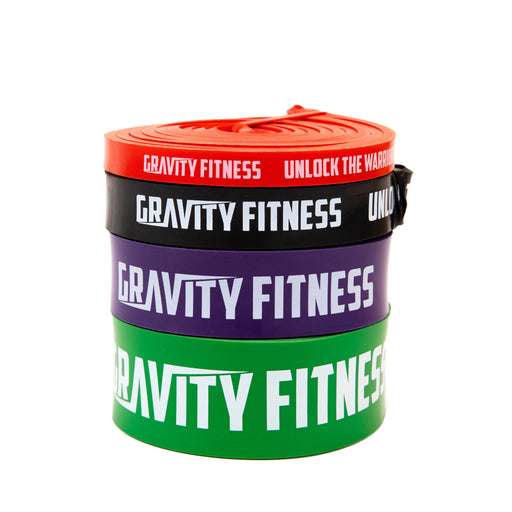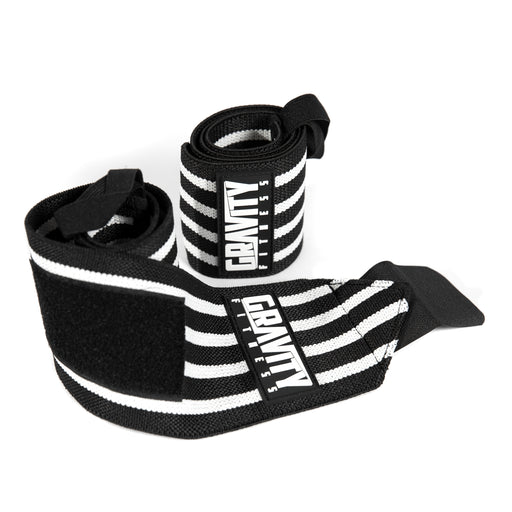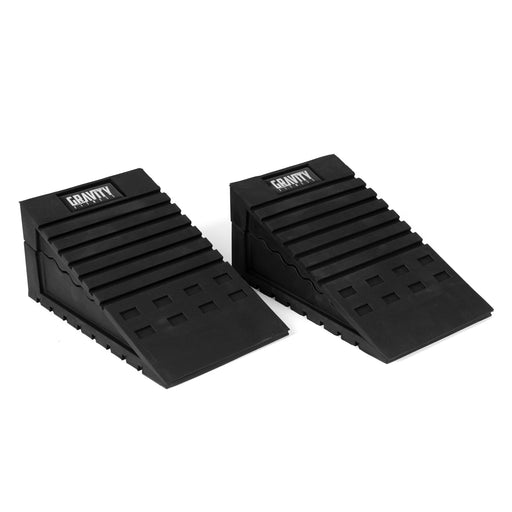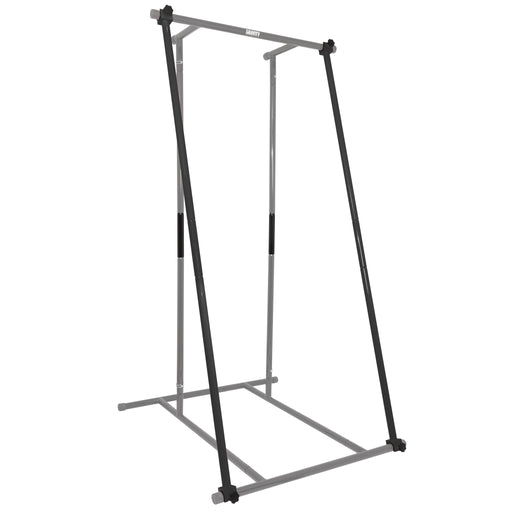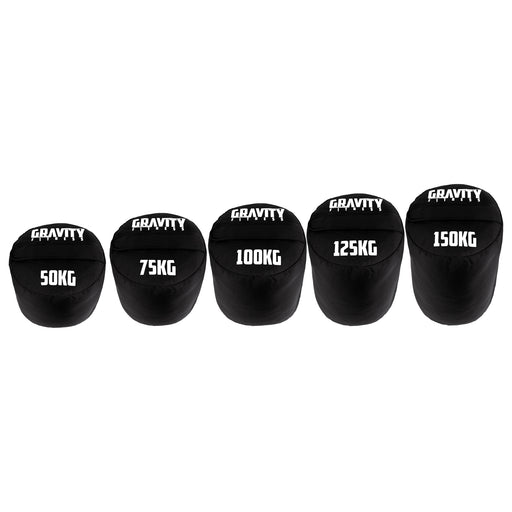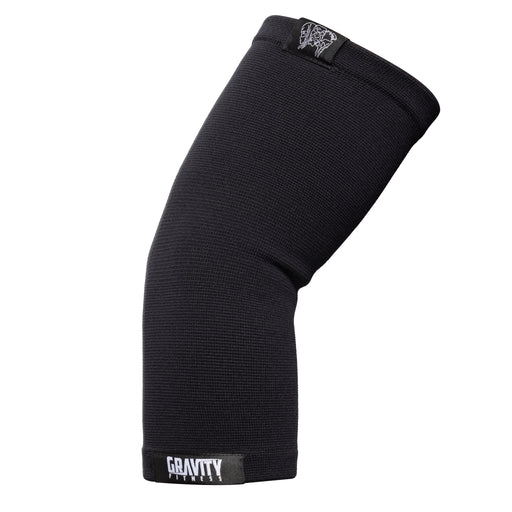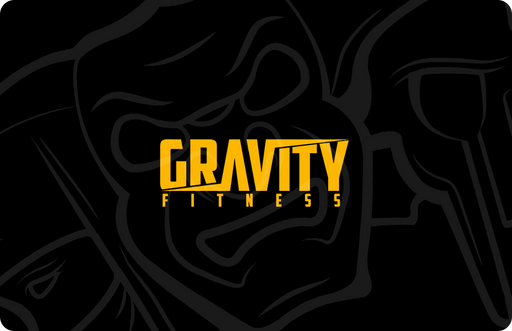The effects of fasting on training performance

The effects of fasting on training performance
Fasting is popular for fat loss, but how does it impact training and competing?
What is fasting?
Fasting is an activity as old as time – it features in religious, cultural, and now diet practices. The definition of fasting is just abstaining from food and drink (to varying degrees of strictness) for a period of time.
Why do people do fasting?
Like we said, around the world fasting can have significant religious and cultural meanings. We’re only going to discuss the diet aspect of fasting here (we like to stay in our lane!)
People in the fitness world typically use fasting as a way to control calorie intake, usually for fat loss outcomes. When you limit your “eating window”, it’s more difficult to overeat and therefore easier to hit a specific calorie number.
Some people also feel that fasting helps with cognitive sharpness, gut health, and blood sugar control. There is some evidence that the body uses more calories from fat (rather than glycogen) for fuel when fasting.
There hasn’t been much written about the impact of fasting on training performance – and that’s what we want to look at here.
What are the different types of fasting?
There are various popular fasting structures, including IF (intermittent fasting), 8/16 and the 5:2 method. Intermittent fasting just means any eating pattern that cycles between periods of eating and not eating. 8:16 means an 8 hour eating window and a 16 hour fasting window. The 5:2 method of fasting means you eat “normally” for 5 days, and fast for 2 days.
There is no medically recommended or accepted way to fast, and science hasn’t come to a conclusion on what form of fasting (if any) is optimal for weight loss or health outcomes.
How does fasting impact training and sport?
Research tells us that training in a fasted state increases lipolysis in adipose tissue whilst stimulating peripheral fat oxidation, and this results in increased use of fat utilization and weight loss. A key focus of this review is to assess whether endurance for fuel. But does this mean that fasting leads to better training adaptations than training in a fed state?
6 ways fasting might benefit training
1 Fasting as an eating protocol might help you lose weight, and this could boost your strength-to-weight ratio with good outcomes for Olympic lifting, powerlifting, and gymnastics-based calisthenics
2 If you dislike training on a full stomach, fasting may decrease feelings of discomfort and help you focus on training rather than on your guts
3 Some people report fasting leads to mental clarity, sharpness, and focus which could help you approach training with a better mindset
4 Some studies have found that fasting can help bring down inflammation Mo’ez Al-Isla et al., 2012), which may help with recovery from training.
5 Short-term fasting can boost metabolic rate by increasing levels of norepinephrine (Zauner et al., 2000).
6 Fasting can increase your level of human growth hormone by up to 5 x normal (Hartman et al., 1992) – HGH is a key hormone for muscle growth, strength, and power.
How to decide if fasting is for you?
Fasting is a divisive issue and really comes down to you as an individual. Think about whether you like to eat before training or not. If you do, fasting won’t work for you. Do you regularly feel light headed or spaced out in training? Or do you like the feeling of training on an empty stomach?
What kind of training do you do: endurance, HIIT, strength, calisthenics? This is another factor that will help you decide whether or not fasting is for you.
Body composition is another consideration. If you have some body fat to lose, fasting may be a useful tool for controlling calories and chipping away at that excess weight. But if you have a harder time hanging on to muscle, fasting might be detrimental.
Finally, think about your diet as a lifestyle choice. Will fasting help or hinder your routine? Will it be easy to stick to, or will it get in the way of the social aspects of eating?
We’d love to hear about how fasting has impacted your training sessions. Connect with us on socials – Instagram @gravity.fitness or join the conversation at our Facebook group Gravity Fitness Tribe.
Check out our full range of functional training equipment at the Gravity Fitness online store.



















